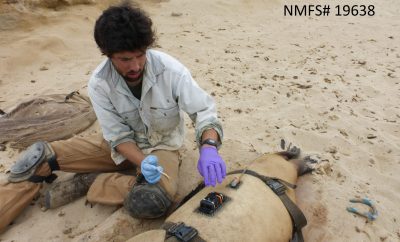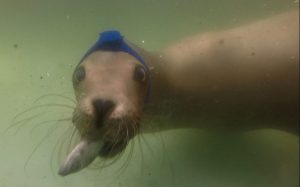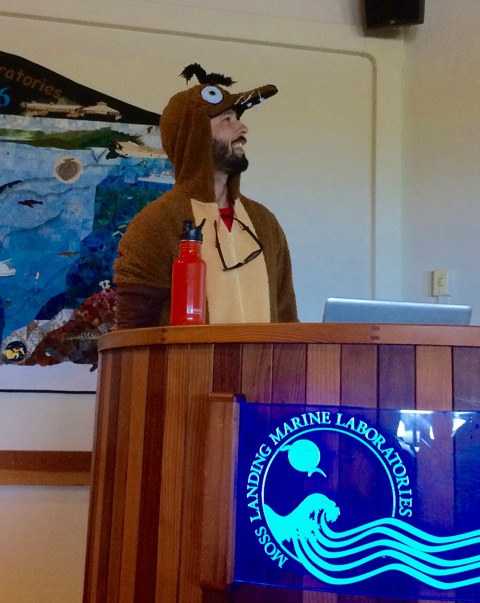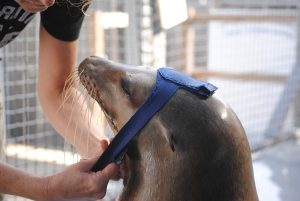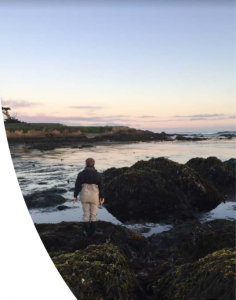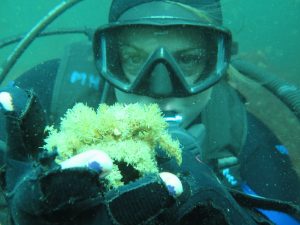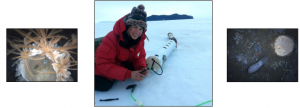"Detecting Feeding and Estimating the Energetic Costs of Diving in California Sea Lions (Zalophus californianus) Using 3-Axis Accelerometers"
A Thesis Defense by Mason Cole
MLML Live-Stream | November 6, 2020 at 12 pm
Thesis Abstract:
Knowledge of when animals feed and the energetic costs of foraging is key to understanding their foraging ecology and energetic trade-offs. Despite this importance, our ability to collect these data in marine mammals remains limited. In this thesis, I address knowledge gaps in both feeding detection and fine-scale diving energetic costs in a model species, the California sea lion (Zalophus californianus). In Chapter 1 I developed and tested an analysis method to accurately detect prey capture using 3-axis accelerometers mounted on the head and back of two trained sea lions. An acceleration signal pattern isolated from a ‘training’ subset of synced video and acceleration data was used to build a feeding detector. In blind trials on the remaining data, this detector accurately parsed true feeding from other motions (91-100% true positive rate, 0-4.8% false positive rate), improving upon similar published methods. In Chapter 2, I used depth and acceleration data to estimate the changing body density of 8 wild sea lions throughout dives, and used those data to calculate each sea lion’s energetic expenditure during descent and ascent at fine temporal scales. Energy expenditure patterns closely followed the influence of buoyancy changes with depth. Importantly, sea lions used more energy per second but less energy per meter as dive depth increased, revealing high costs of deep diving. Combined, these chapters further our understanding of California sea lion foraging ecology and provide new methods to aid similar future studies.


